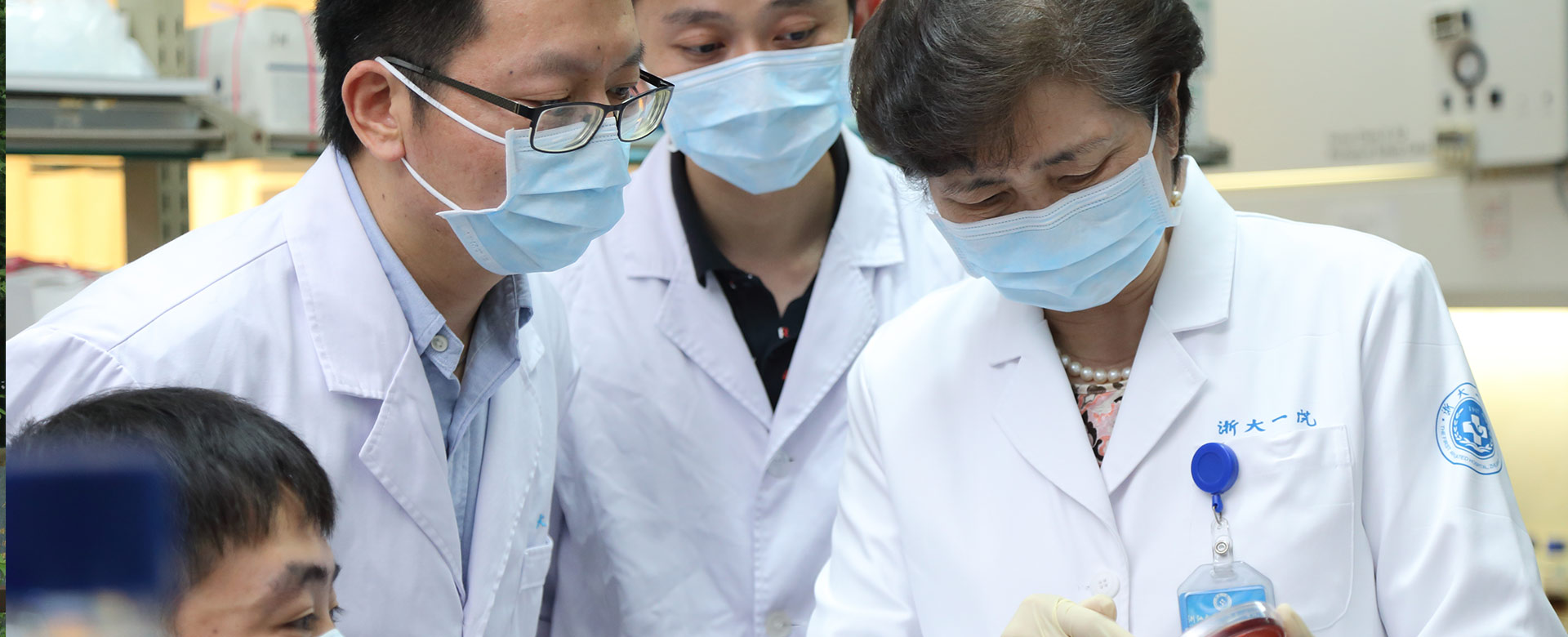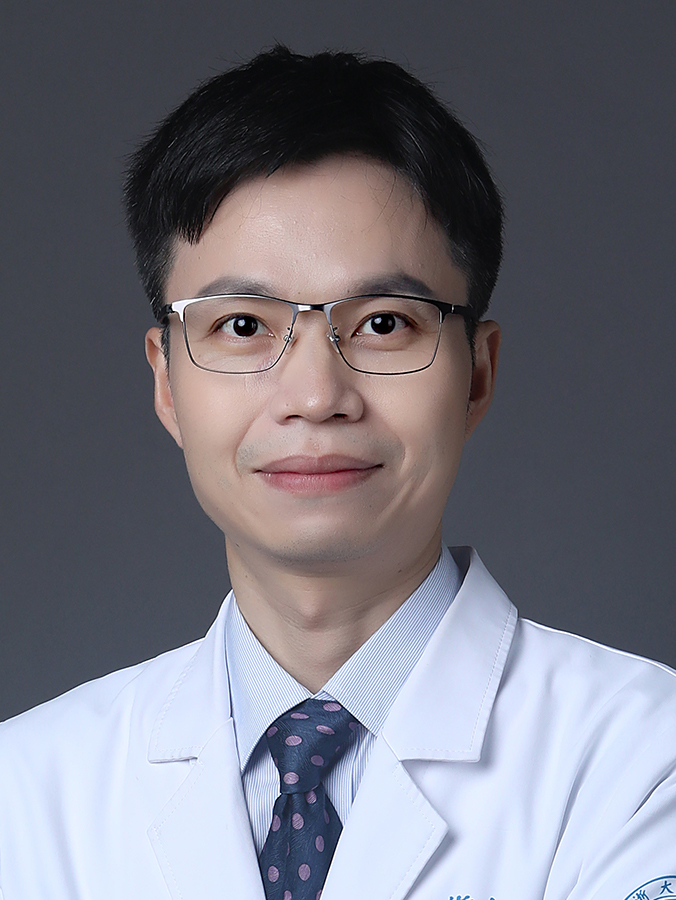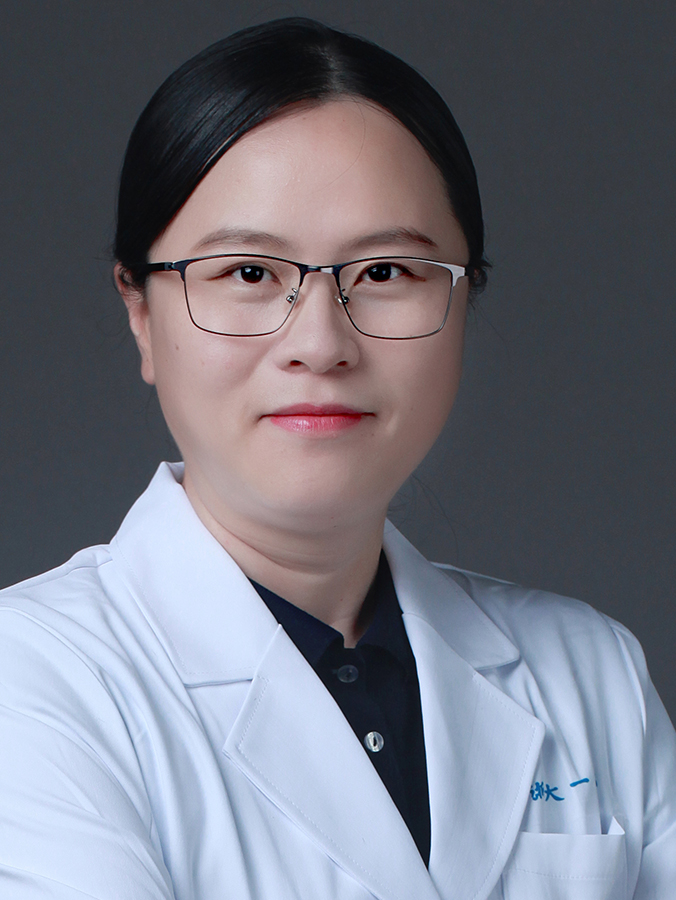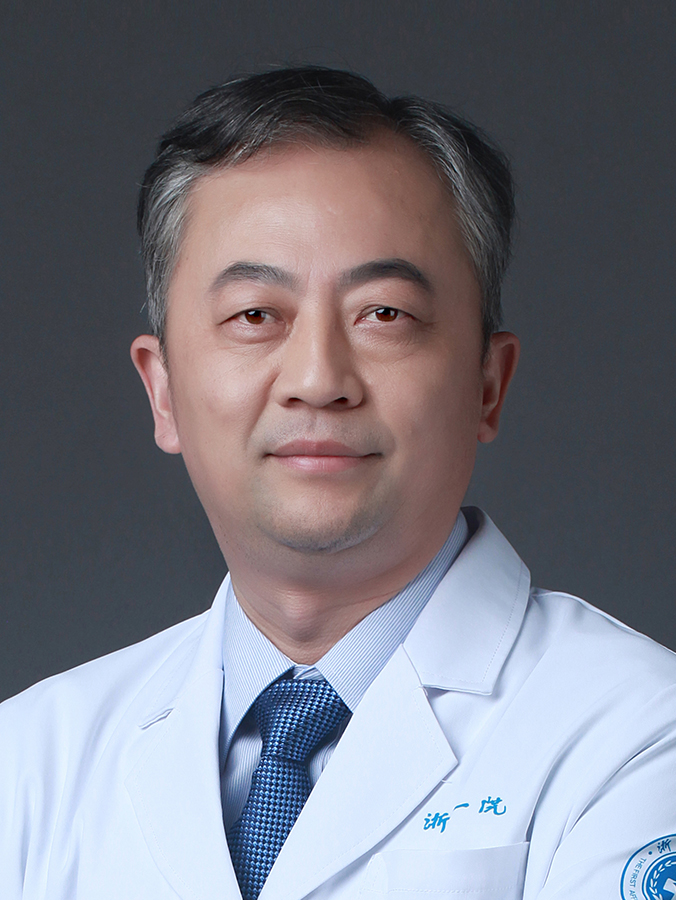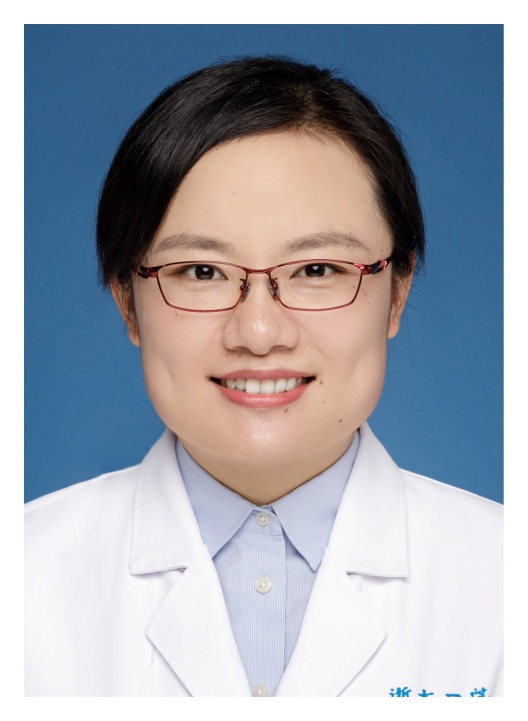Infectious Diseases
Overview
Founded in 1956, the Department of Infectious Diseases of The First Affiliated Hospital, Zhejiang University School of Medicine has been developed into one of the most famous research institutions and clinical centers in China and has earned a high reputation around the world, especially in the last 10 years. The department has been designated as a national key discipline; a "Project 211" and "Project 985" unit of the Ministry of Education; a unit offering masters, doctoral and postdoctoral programs; the key state laboratory for diagnosis and treatment of infectious diseases; the key laboratory of infectious diseases for Zhejiang province; the clinical pharmacology base of the State Drug Administration; the National Artificial Liver Training Center, and the Provincial Artificial Liver Center and the Provincial Center for Bacterial Resistance Surveillance. In 2006, the Infectious Diseases Center was set up in the First Affiliated Hospital of Zhejiang University. It includes the Department of Infectious Diseases, infectious diseases research and education center, key laboratory of infectious diseases and offices of the Chinese Journal of Clinical Infectious Diseases. Professor Li Lanjuan, Academician of the Chinese Academy of Engineering and a specialist in infectious diseases, is the director of the center.
The Department of Infectious Diseases is the largest clinical department of infectious diseases in China, covering an area of over 20,000 square meters, with around 300 beds available. The department incorporates 10 wards, including an artificial liver treatment center, intensive care unit, wards for bacterial infectious diseases, viral hepatitis, tuberculosis, HIV and so on. With long-term involvement in the research and treatment of the aforementioned diseases, the department has accumulated plentiful experience, explored complete sets of diagnostic and therapeutic schemes, and attracts patients from the whole country. The average number of outpatients and inpatients is over 60,000/year and 6,000/year respectively. Based on the traditional treatment of severe hepatitis, an artificial liver-supporting system has been established and adopted in over 300 hospitals in 30 provinces. This new therapeutic method is recognized as a breakthrough in the treatment of severe hepatitis and ensured the department's leading status in this area around the world. In addition, the genetic diagnosis and early anti-viral treatment of viral hepatitis has been investigated and several international and national multicenter clinical pharmacology trials have been hosted by our department. Furthermore, through research on the etiology and treatment of infectious diseases, the department has made its own immense contribution to the public health service in China.
Twelve platforms such as molecular biology, proteomics, metabolics and bioinformatics, the biological safety laboratory and 20 other related labs have been established, covering an area of over 7,000 square meters and containing over 60 high quality pieces of equipment with a total value of over 60 million RMB. In recent years, the department has focused on the etiology and new treatments for viral hepatitis and HIV, infectious microecology and infectious immunology, which has provided research data for clinical practice. In the past 5 years, the department has undertaken 123 projects in total, including 51 national projects, with a research fee totaling over 127 million RMB. The department also hosts three national "Project 973s", four "Project 863s", four major National Science and Technology projects, one National Science and Technology Support Plan and 18 National Science Fund projects. Professor Li Lanjuan, director of the laboratory, is member and leader of the expert team for infectious disease prevention and control of the 11th and 12th Five-Year Program designed to plan and preside over major national projects of digital health.
IDD has more than 120 staff with plentiful clinical and research experience, including 30 professors and deputy professors, 16 Ph.D. supervisors and 14 masters degree supervisors. Over 60 masters, doctoral and postdoctoral graduates are trained annually, and the textbook "Infectious Diseases" was also edited in the department. As the national training center for doctors in the specialty of infectious diseases and artificial liver, the department has held many national continuing education programs on artificial liver.
After more than 50 years of development, IDD now has excellent research teams and clinicians. In the future, the department will make full use of the resources of the university and hospital, explore the emergence of multi-disciplinary research and combine clinical work and research to make progress in the understanding of mechanisms of certain important infectious diseases, clinical diagnosis and treatment. Furthermore, we will do our best to decrease the morbidity and mortality of infectious diseases, maintain public health and life, and contribute to the improvement of national and provincial medicine as well as the prosperity of China.


